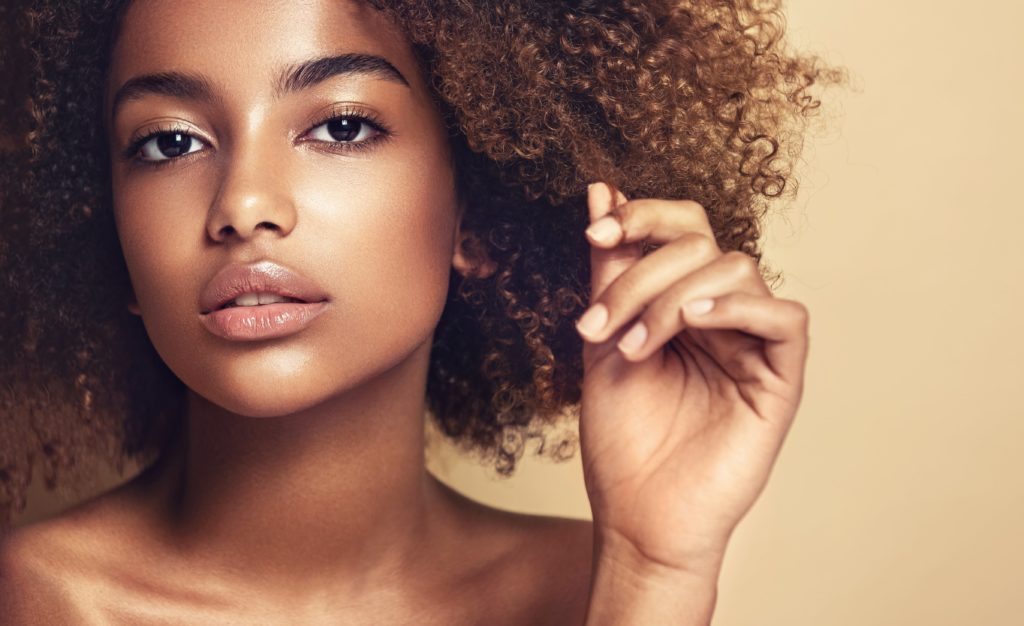iTEC & VTCT have initiated an overhaul of our qualification offering to ensure that learners have the knowledge to work within an inclusive and diverse society. We offer qualifications globally and we pledge to ensure that black hair and skincare forms part of the core element of our qualifications, making them inclusive and accessible to all.
 Currently, in the UK, knowledge and techniques regarding black hair and skincare are not embedded within the core curriculum, leaving learners lacking the skills required to treat a growing section of this multicultural population.
Currently, in the UK, knowledge and techniques regarding black hair and skincare are not embedded within the core curriculum, leaving learners lacking the skills required to treat a growing section of this multicultural population.
These changes, initiated in September 2020, have been led by Chief Executive Alan Woods OBE and the organisation’s Equity, Diversity, and Inclusion advisory group. “Meeting the needs of our learners has always been at the forefront of what we do at VTCT and we realised that there was more that needed to be done to improve the understanding of black hair and skin. It was important to us that this became a core component of the qualifications we offer,” Says Alan Woods OBE, “We are proud to be making a difference and have laid out our own strategy for change within our Equity, Diversity and Inclusion Roadmap.”
Speaking of the change, iTEC & VTCT Chief Academic Officer, Carina Fagan says, “As a regulated awarding organisation, VTCT is responsible for ensuring that all our qualifications remain current and relevant. We have acted decisively, working with an expert, independent panel drawn straight from the heart of industry, to update our curriculum content on black hair and skin for delivery in the 2021/22 academic year. VTCT also wholeheartedly supports the collaborative steps towards an inclusive industry from the recently announced National Occupational Standards (NOS) review. We hope that collective actions arising from the review will bring about further positive and impactful change for the hair and beauty industry and wider society.”
As well as reforming our qualifications, iTEC & VTCT will also provide a range of training activity, to support training providers to prepare their staff. Educators responsible for delivering this new qualification content will receive expert training from our subject matter specialists and our expert technical panel to understand the different characteristics and care across hair and skin types.
Currently, assessment methods are implemented in such a way that core knowledge regarding black hair care and skin is being overlooked. By emphasising Equity, Diversity, and Inclusion within exams, question types and themes, we will ensure knowledge across all hair and skin types is fully covered.
This move has come after months of collaboration with industry and educational experts representing beauty, make-up artistry, hair styling, salons, Further Education and private training providers to understand where the gaps in knowledge are and how to fill them.
